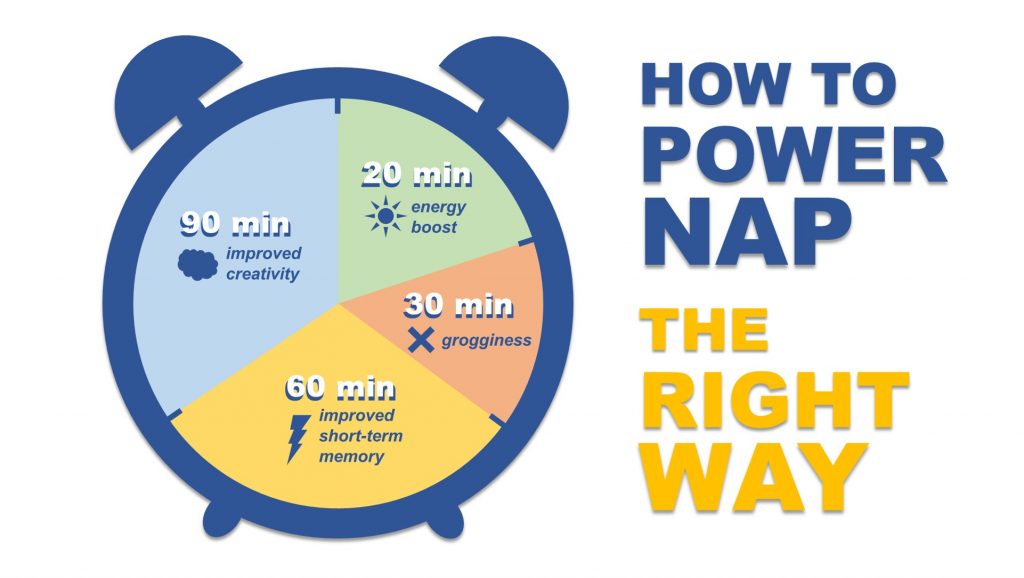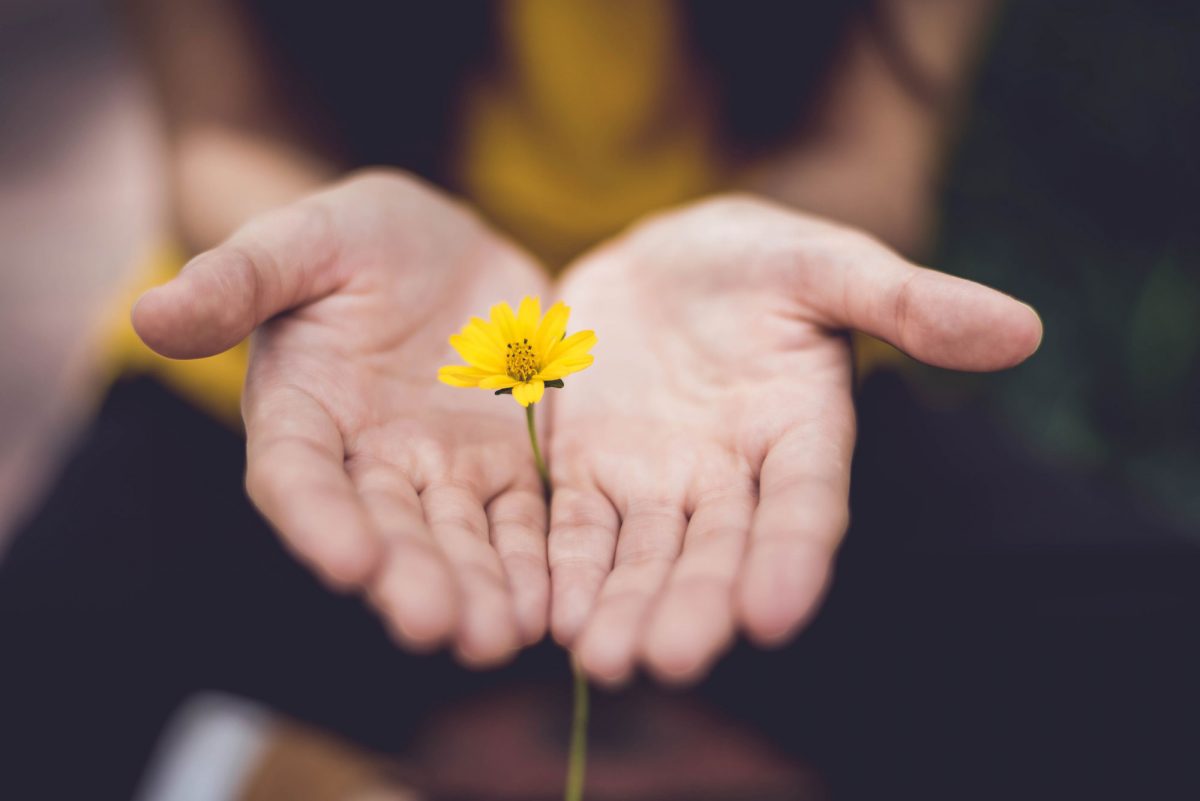A short mindful walk
Walking can help to boost your overall physical health and can also counter anxiety and depression. A quick walk around Peel Park is a great way to relax and remove yourself from the stresses of your day. Think about what you observe and allow yourself the time to appreciate what’s around you. Look out for birds on the water, wildlife amongst the shrubbery, flowers coming into bloom, the changes of the trees through the seasons – there is so much to focus on.
“Groove is in the heart”

When you’re studying at home, it is easy to forget to take regular breaks. Set your alarm to remind you to get up do something that gets you moving and feeling energised. Listening to music… singing… dancing… they are all great stress relievers, and a fun way to release any tensions.
Did you know that singing along to your favourite music track or song counts as an aerobic activity?
Singing is known to release endorphins – those ‘feel good’ chemicals in our brains – so it makes an ideal study break activity. That burst of oxygen in your bloodstream improves your overall alertness, plus, it helps to improve your memory and problem-solving skills. Result! And let’s not forget the dancing, because since time began and across cultures, we have danced to feel energised, free and happy. So, if you’re feeling stressed, you may find the remedy in whatever kind of song and movement makes you feel good!
Free Yoga classes anyone …?
There is lots of evidence about how Yoga (and also Pilates) can help us develop mindfulness and well-being, but you don’t have to pay for an expensive course to get started. Library Search gives you free access to high-quality courses such as this one from Kanopy. There are also lots of YouTube Yoga channels that can help you get your day off to the best start and optimise your learning.
Find The Right Mindset
There are lots of free and paid for apps out there that can help with mindfulness and usually, you’ll find the one that works for you. I’ve been using Mindset for the past few years for free and really benefit from their ‘daily check-in’ feature.

Just by accessing it, you’re a quarter through your goal of the day. As you open it, you’re met with a daily quote. I know it sounds clichéd but honestly, sometimes it can make the world a little brighter on your darkest days. My personal favourite is the daily mood AI chatbot. Simply select how you feel via emoji, and you’re given a chance to say why. Their response, to say the least, puts the intelligence in Artificial Intelligence. Now if you’re thinking ‘well that’s fine for you, but what if it does nothing for me?’ Fair enough. Not every app or resource works for every individual, but this is the one that’s helping me the most. If you’re curious, come visit: www.getmindset.com
Recharge your batteries with a power nap
If you are feeling tired or stressed during the day, then try a power nap. There are different kinds of power naps bringing their own benefits, but the 20-minute power nap is just the right amount of time for a boost of energy and increased motor performance!
By keeping your nap short you stay in the lighter stages of sleep, and you wake up refreshed and energised. At 30 minutes you are moving into deep sleep, and waking up can leave you with that groggy sensation, feeling more tired than before!
Research shows that 1 in 3 of us don’t get enough sleep, so making power naps a regular part of your routine could really boost your sense of well-being.

Our Power Nap Top Tips:
- For most of us between 1pm and 3pm is ideal.
- Drink a cup of coffee before napping as caffeine can take 45 minutes to be absorbed, so you’ll feel more alert on waking.
- Close your curtains or wear an eye-mask to help you fall asleep faster.
- Set your alarm, but make sure the volume setting is not high. You don’t want a rude awakening!
- Pull a light cover over you because your body temperature falls as you doze.

